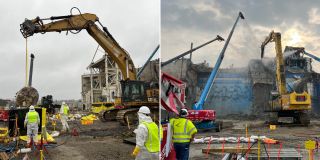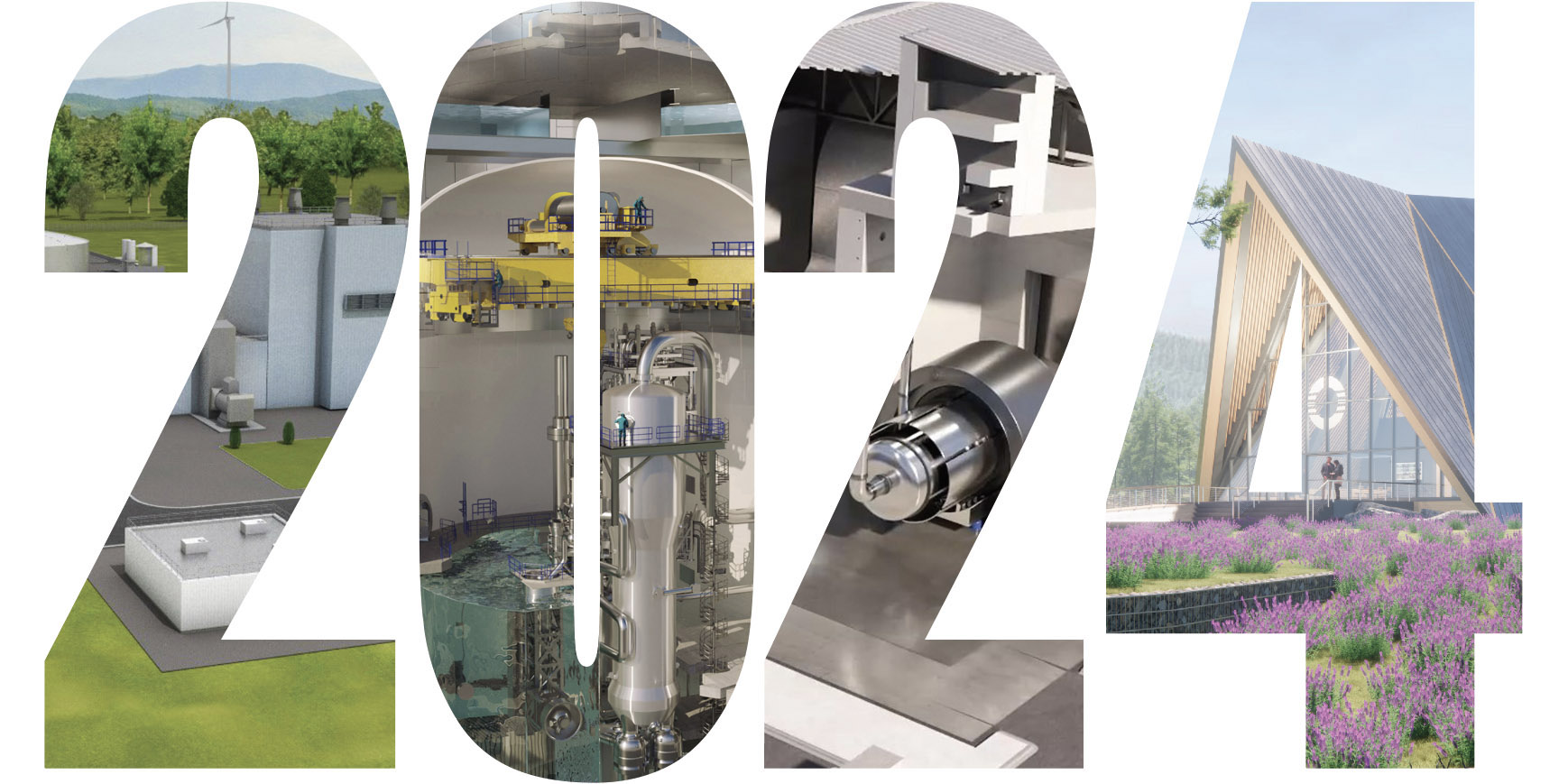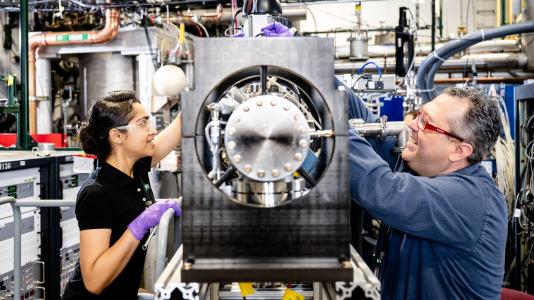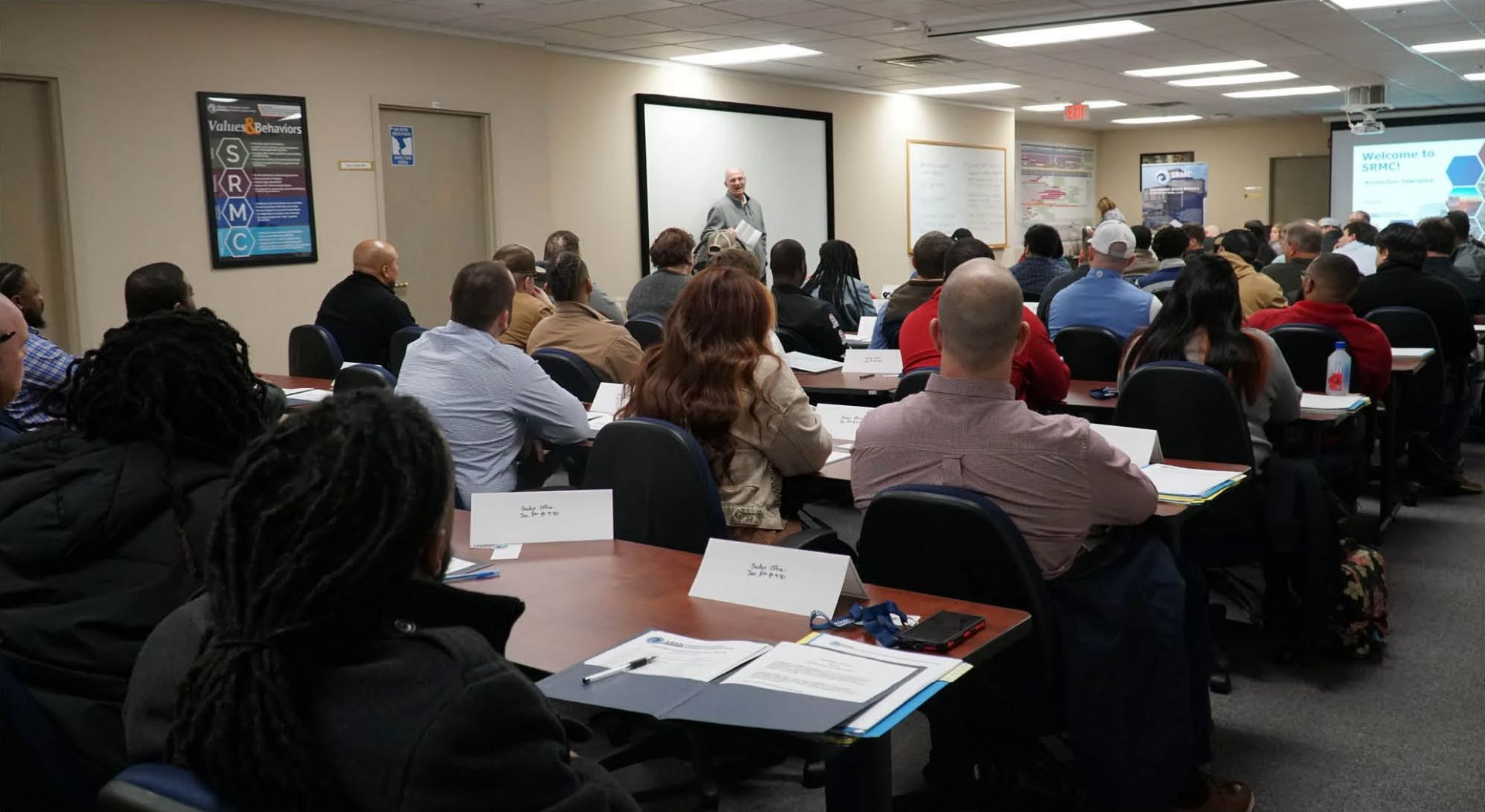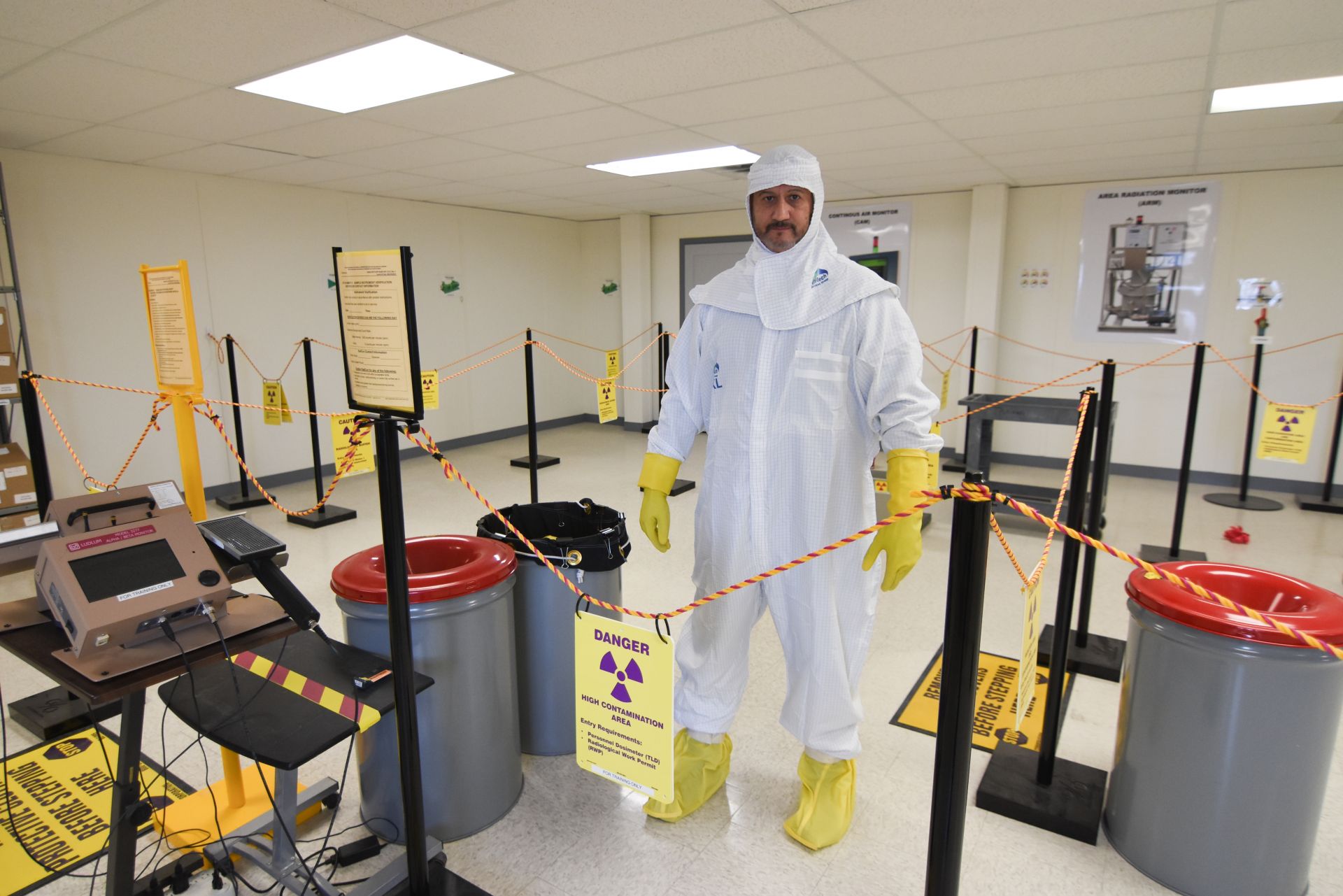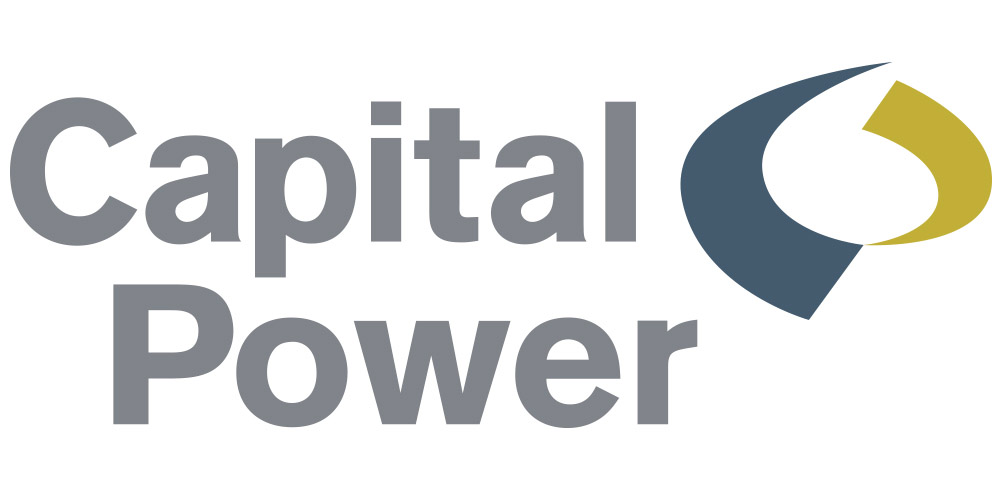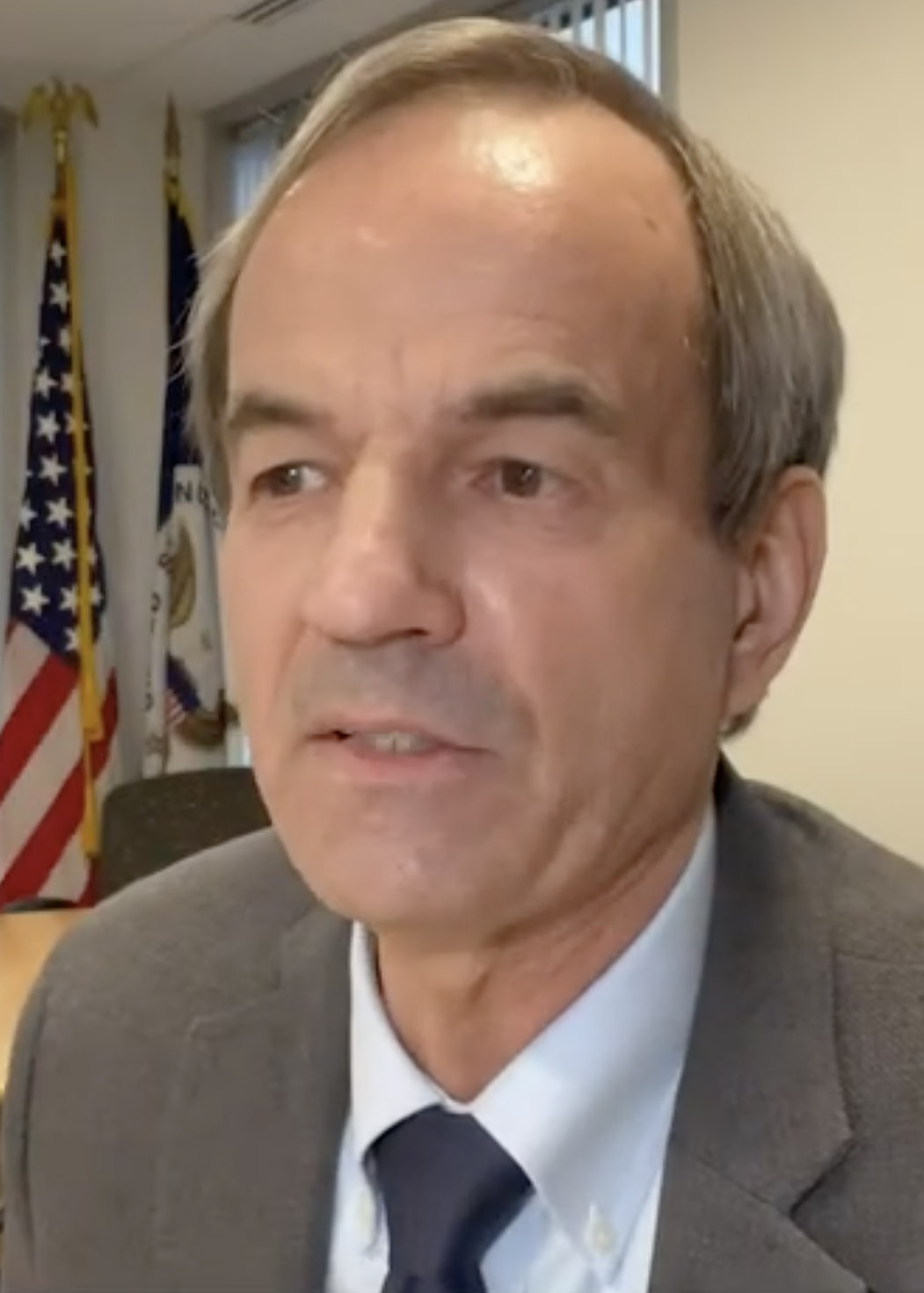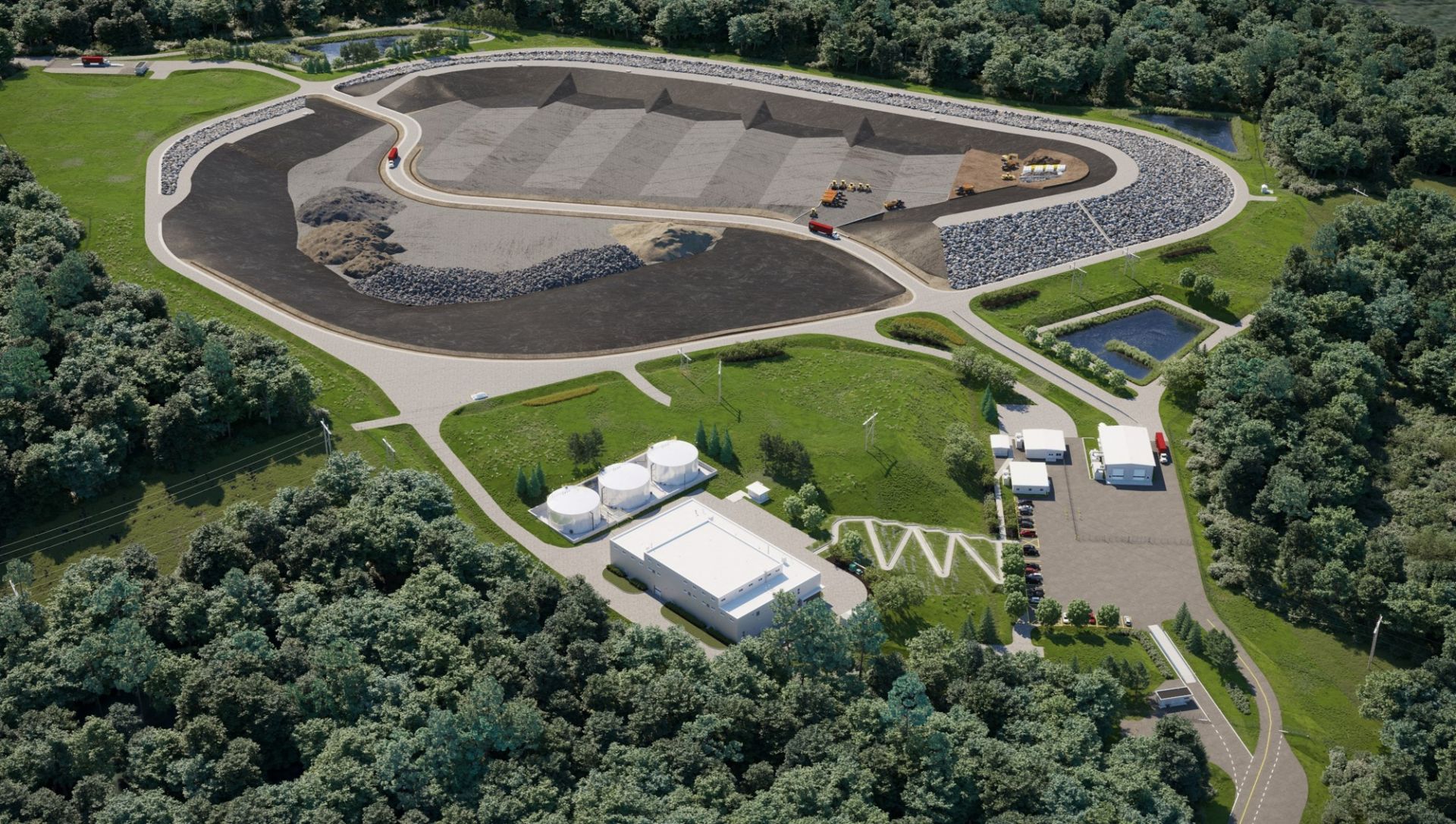Argonne scientists adjust the AMIS beamline prior to its commissioning. (Photo: Argonne)
Argonne’s newest beamline uses heavy ions to degrade a material’s properties as much in a day as a nuclear reactor does in a year, without introducing radioactivity. That’s according to an article published January 16 by Argonne National Laboratory. The Argonne Tandem Linac Accelerator System (ATLAS) now boasts a new beamline—the ATLAS Material Irradiation Station, or AMIS—that uses the accelerator’s lowest high-energy beams to displace atoms and mimic the degradation of materials inside an operating reactor over time. AMIS makes it easier and faster to test candidate fuel and structural materials for existing and future reactors.
New apprentices are welcomed at Savannah River site to take part in a production operator program. (Photo: SRMC)
The largest group of apprentices have started a journey to become production operators for the Savannah River Site’s liquid waste contractor.
Training instructor Chris Oliveros poses inside a new radiological control training classroom at Hanford’s WTP. (Photo: DOE)
The training team at the Hanford Site’s Waste Treatment and Immobilization Plant (WTP) recently added an extra level of realism to employee trainings by upgrading classrooms and adding new props, according to the Department of Energy.
An IAEA researcher collects samples from the Antarctic shoreline. (Image: IAEA)
The International Atomic Energy Agency, in cooperation with Argentina, launched a scientific research expedition on January 6 to study microplastics in Antarctica—one of the planet’s most remote areas—as part of an effort to combat widespread microplastic pollution.
Concept art of the Chalk River near surface disposal facility for LLW. (Image: CNL)
The Canadian Nuclear Safety Commission has decided to amend Canadian Nuclear Laboratories’ operating license for the Chalk River Laboratories, allowing the construction of a near surface disposal facility (NSDF) for low-level radioactive waste on the nuclear research site in Deep River, Ontario.
Urenco UK’s Capenhurst enrichment site, which received a grant in July 2023 to prepare for HALEU enrichment. (Photo: Urenco UK)
The United Kingdom’s Department for Energy Security and Net Zero announced plans on January 7 to invest £300 million (about $383 million) to build a high-assay low-enriched uranium (HALEU) enrichment facility in northwest England. The goal? To “end Russia’s reign as the only commercial producer of HALEU.” Britain is now the first European country to declare that it will begin HALEU enrichment in a bid for supply chain security.
 The recently released 2021–2022 data from the Nuclear Engineering Enrollment and Degrees Survey, prepared by the Oak Ridge Institute for Science and Education (ORISE), might be considered a mix of good news and bad. In 2022, there were 208 doctoral degrees awarded in nuclear engineering in the United States—the most since 1966, when the survey began. However, the overall number of nuclear engineering degrees awarded in 2021 and 2022 was at the lowest level in more than a decade. The results are based on data collected from 34 U.S. universities with nuclear engineering programs.
The recently released 2021–2022 data from the Nuclear Engineering Enrollment and Degrees Survey, prepared by the Oak Ridge Institute for Science and Education (ORISE), might be considered a mix of good news and bad. In 2022, there were 208 doctoral degrees awarded in nuclear engineering in the United States—the most since 1966, when the survey began. However, the overall number of nuclear engineering degrees awarded in 2021 and 2022 was at the lowest level in more than a decade. The results are based on data collected from 34 U.S. universities with nuclear engineering programs.
